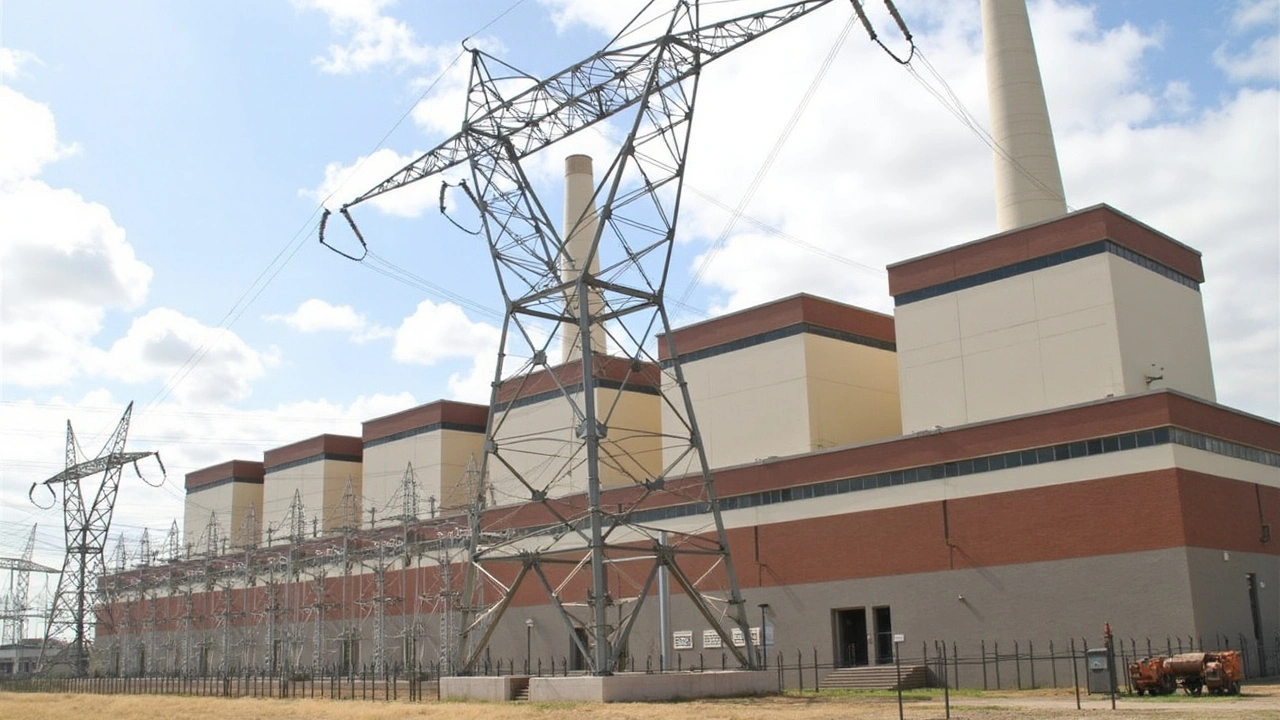- Naira Plummets Past N1,500: Official and Black Market Rates Signal Growing Exchange Rate Tension Jun 4, 2025
- Cavaliers Face Key Injury Questions Ahead of Pivotal Game 5 Against Pacers May 14, 2025
- Celebrating the Legacy of Grammy-Winning Saxophonist David Sanborn May 14, 2024
- Enzo Fernandez Shines as Argentina Dominates Brazil with a 4-1 Victory Mar 26, 2025
- Russia's Drone Strikes on SOCAR Push Azerbaijan Toward Ukraine Oct 13, 2025
Energy crisis: what it means for Africa — clear facts and simple fixes
Power cuts and fuel shortages aren't just headlines — they affect schools, clinics, small businesses and your home. This tag collects news, practical tips and policy updates about the energy crisis across Africa. Want quick ways to protect your household, or to understand why the lights keep going off? Read on.
Why the energy crisis is happening
The problem has several parts. First, many national grids are old and underfunded, which makes breakdowns common. Second, fuel supply issues — like gas shortages or expensive imports — raise costs and force utilities to reduce power. Third, demand is rising fast as more people and businesses plug into the grid, but generation hasn’t kept up. Finally, weather shocks and unreliable maintenance make outages worse. Combine those and you get frequent load-shedding, long queues for petrol and higher bills.
Policy gaps matter too. When planning, some countries rely too much on one energy source or on costly imports. That leaves them exposed when prices or supply chains shift. Corruption, theft and delayed investments also weaken the whole system.
Practical steps and solutions you can use
Short-term fixes you can try today: use LED bulbs, run heavy appliances during off-peak hours, and keep devices on low-power settings. For homes and small schools, a basic solar kit with a battery and inverter can cover lights, phones and a fan during outages. Generators help, but they’re noisy, costly and need safe handling — follow local safety rules and avoid refuelling while hot.
At community and municipal level, mini-grids and solar-plus-storage projects work well. They’re faster to build than major power plants and can be run by local co-ops or private firms. Businesses should audit energy use: small changes like efficient motors or better insulation cut costs and reduce dependence on unstable supply.
On the policy side, countries need to diversify energy sources — more solar, wind, small hydro and local gas where available. Transparent procurement, timely maintenance, and encouraging private investment make grids stronger. Regional power sharing can also help: neighbours trade electricity to smooth shortages when one country has a surplus.
Want actionable news? Watch for updates in this tag about major outages, new solar projects, policy changes and funding announcements. If you’re a teacher or community leader, we’ll point to grants, training or pilot projects you can join. If you’re a homeowner, expect simple guides on choosing solar kits, safe generator use and cutting bills.
Energy problems are solvable, but it takes steady fixes at home, smart local projects and better national planning. Follow this tag for the latest reports, real-world solutions and practical steps you can take today to reduce the impact of power cuts on your life and work.
Eskom Warns of Potential Load-Shedding Amidst Recent Power Struggles
- Katlego Sean Mahaye
- Feb 1, 2025
Eskom has alerted the public to a likely increase in load-shedding over the forthcoming weekend, ending a ten-month streak of continuous power supply. This comes after multiple power plant malfunctions necessitated prolonged repairs. Use of all emergency reserves has been necessitated, which now require replenishment. Eskom warns of potential load-shedding reaching Stage 4.
